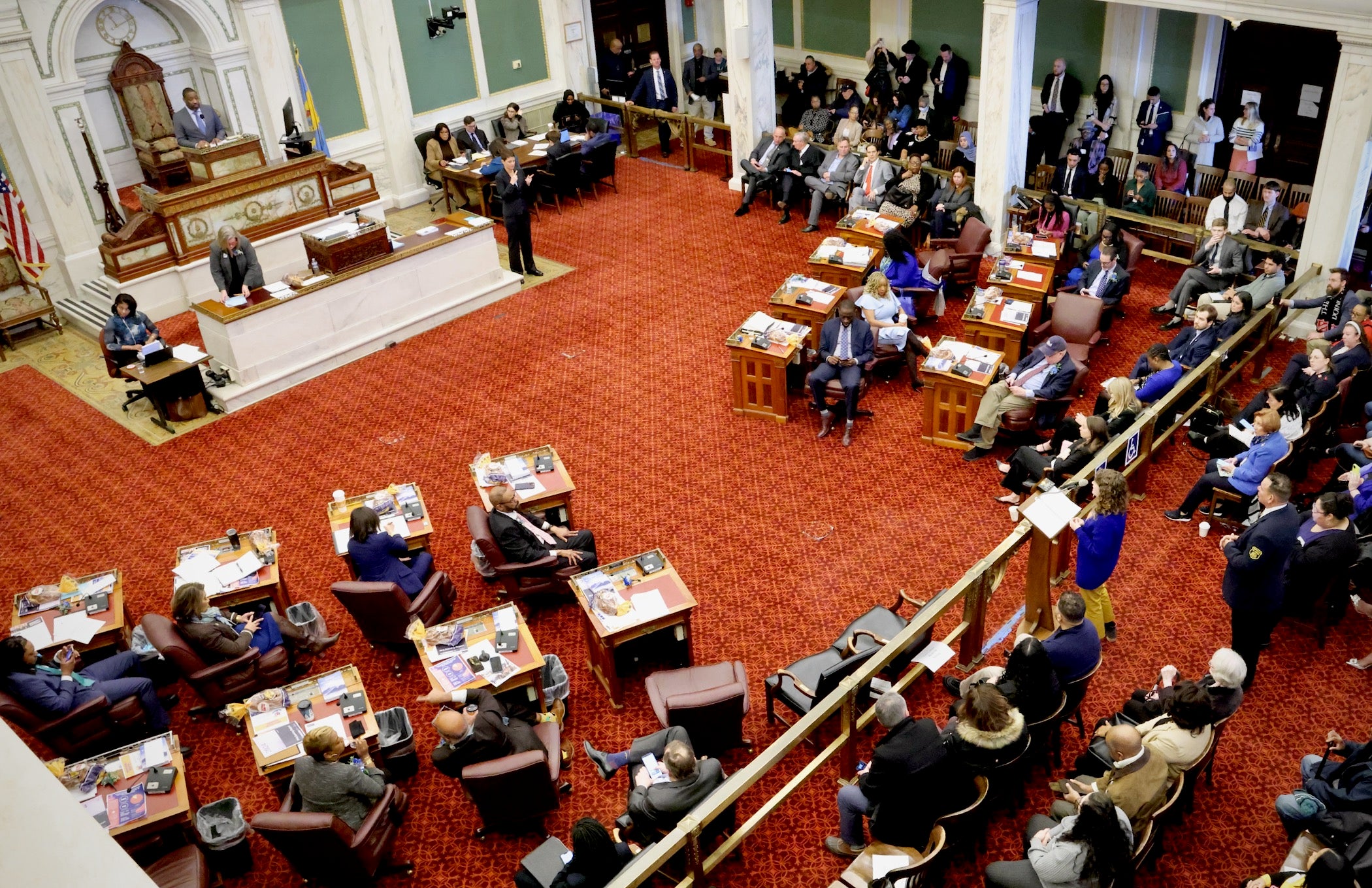Council Clash: Philly's Small Business Tax Break on the Chopping Block

Philadelphia businesses could be facing a dramatic shift in tax policy, with city officials considering two contrasting approaches to the current $100,000 revenue tax relief. The proposed budget might either completely eliminate the existing tax break or potentially double its current benefits, creating significant uncertainty for local entrepreneurs and small business owners.
This potential policy change comes at a critical time for Philadelphia's economic landscape, where small businesses are still recovering from the challenges of recent years. The decision could have far-reaching implications for the city's economic growth, startup ecosystem, and overall business climate.
City budget planners are carefully weighing the financial impact of these two extreme options. Eliminating the tax relief could generate additional municipal revenue, while doubling the relief might stimulate business development and encourage new entrepreneurial ventures in the city.
Local business leaders and economic experts are closely monitoring these discussions, understanding that the final decision could dramatically affect Philadelphia's competitive business environment. The upcoming budget negotiations will be crucial in determining the future of this tax relief program.
